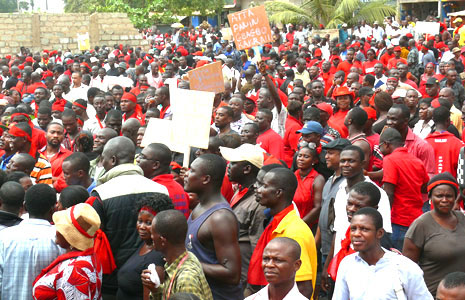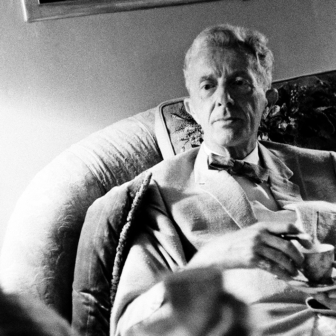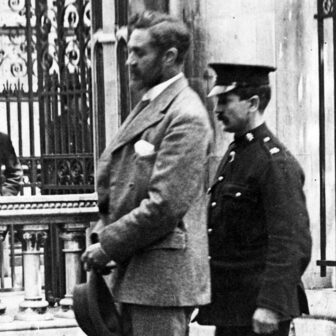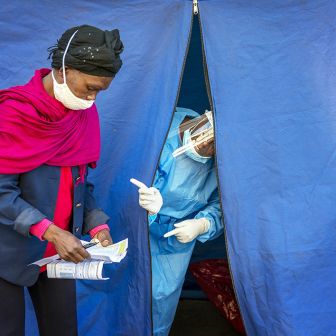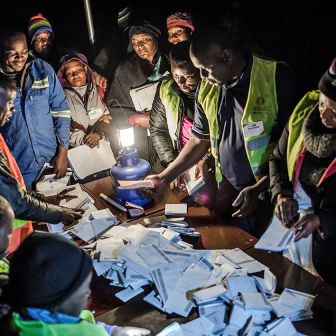GHANA is often hailed as the golden child of West Africa, a haven of stable democracy and rule of law in a region still plagued by violence and the legacy of colonialism. Ghanaians do face obstacles on the path to development – in many regions illiteracy is high and small-scale corruption is widespread – but in recent weeks the country’s reputation as a mature and stable polity has been vindicated and the strength of its political system has been on display.
Across the border in Côte d’Ivoire, people have taken to the streets in scenes of violence and chaos, calling on Laurent Gbagbo to relinquish his now-ludicrous grip on power and allow Alassane Ouattara – recognised by UN election monitors and the Ivorian majority as the winner of the 28 November 2010 poll – to commence his presidency.
Here in Ghana, thousands are also turning out to demonstrate, but more peacefully. More than six thousand people attended mass protests in the capital, Accra, and second-largest city, Kumasi, on 26 January. In Accra, where I watched the events, an organisation called the Alliance for Accountable Government – founded shortly after John Evans Atta Mills and his National Democratic Congress came to power in January 2009 – was protesting at the government’s decision to increase fuel prices despite its pre-election promise to reduce them. In Kumasi, a group called the Movement for a Better Ghana (channelling the president’s own “Better Ghana” campaign slogan) was calling on the government to honour its commitment to investigate the misappropriation of funds by officials.
The first demonstration was angrier and more critical of the government, the second more supportive. But both put their cases firmly, publicly and without fear of persecution.
Free and fair elections are often the yardstick by which the international community gauges a country’s level of political stability. But the right to hold public demonstrations and criticise the executive is another key tenet of a mature political democracy.
Ghana has only been a functional, law-based democracy since 1992, when the current constitution was accepted by a majority of Ghanaians in a referendum held after almost twenty years of military dictatorship. In that relatively short period, freedom of assembly and expression in Ghana have seemingly become entrenched.
Both of last month’s demonstrations were accompanied by a large contingent of police and security personnel. In Accra, over 200 heavily – and I mean heavily – armed police officers accompanied the crowd, along with armoured vehicles and mounted officers. But despite their substantial and somewhat menacing presence, the police did not attempt to disrupt or cut short the demonstration. Instead, they stopped bystanders and traffic from interfering with the protest.
When I talked to senior police, they seemed not only reasonable and patient with some of the angrier protestors but also pleased to be able to play such an important role in enabling democratic participation.
Ghana Police Military Captain T.K. Hlomenu was philosophical. “Ghana is a peaceful country, the people here are free,” he said. The police also seemed happy that I was there observing the event, indirectly allowing the world beyond Ghana to witness how it unfolded. “BBC” – the nickname police have given me here – “tell the world that Ghana is free!” a senior officer instructed me.
Despite the size of the crowd, it was also a relatively peaceful and non-violent protest, making the police presence largely precautionary and ceremonial. In the only incident of note, a small number of protesters chased Ministry of Communications staff in downtown Accra, with one demonstrator throwing a water bomb at a staff member – an act more likely to warrant an after-school detention than arrest.
Many of the protesters had good reason to be angry, and some were obviously quite frustrated with the government. Taxi, truck and tanker drivers were well represented among the crowd and loudly lamented the threat to their livelihood posed by fuel price hikes. A fourteen-year-old girl, Ama, marching with the procession, timidly (and slightly shamefacedly) told me that her father, a cabbie, could no longer afford to send her to school.
While petrol prices were the principle grievance of the organisers, many other interest groups and concerned citizens jumped on the bandwagon. Kwesi, a twenty-two-year-old engineering student from Cape Coast, complained about electoral issues, saying his local MP does not sufficiently consult his constituency on policy issues. Two villagers from Bolgatanga had travelled the length of the country to complain about food shortages in their northern region; they levelled special anger at a rather Barry White–like government official who gazed at the throng from his top-floor Ministry of Finance office. “That fat man is responsible, he ate all the food,” one of the villagers cried, without the slightest hint of humour. Other protesters waved placards that compared Mills to Côte d’Ivoire’s Gbagbo and called for his resignation.
And yet the overwhelming mood of the crowd was joyful. Winding its way through the dusty streets of Accra, the red T-shirt-clad crowd relentlessly drummed, trumpeted, clapped and sang like a more rhythmic and peaceful incarnation of Thailand’s “redshirts.” Elderly ladies sang “hallelujah,” bands of dreadlocked rastas chanted and rapped, children banged pots and pans, and young men danced.
The merriment seemed a far better show of solidarity and purpose than the vandalism, flame-throwing and police brutality that can so often accompany political demonstrations. While the Ghanaian demonstrations may seem paltry in both scale and content compared to the bloodshed and revolution on the other side of the Sahara, the example is encouraging.
Ghana has its fair share of developmental headaches, but Mills is certainly no Hosni Mubarak or Laurent Gbagbo, despite some of the more hyperbolic placards. Ghana’s recent history tells of stability and peace, which makes it easy to forget that its past is no less tumultuous or painful than Egypt’s, Tunisia’s or Côte d’Ivoire’s. •
